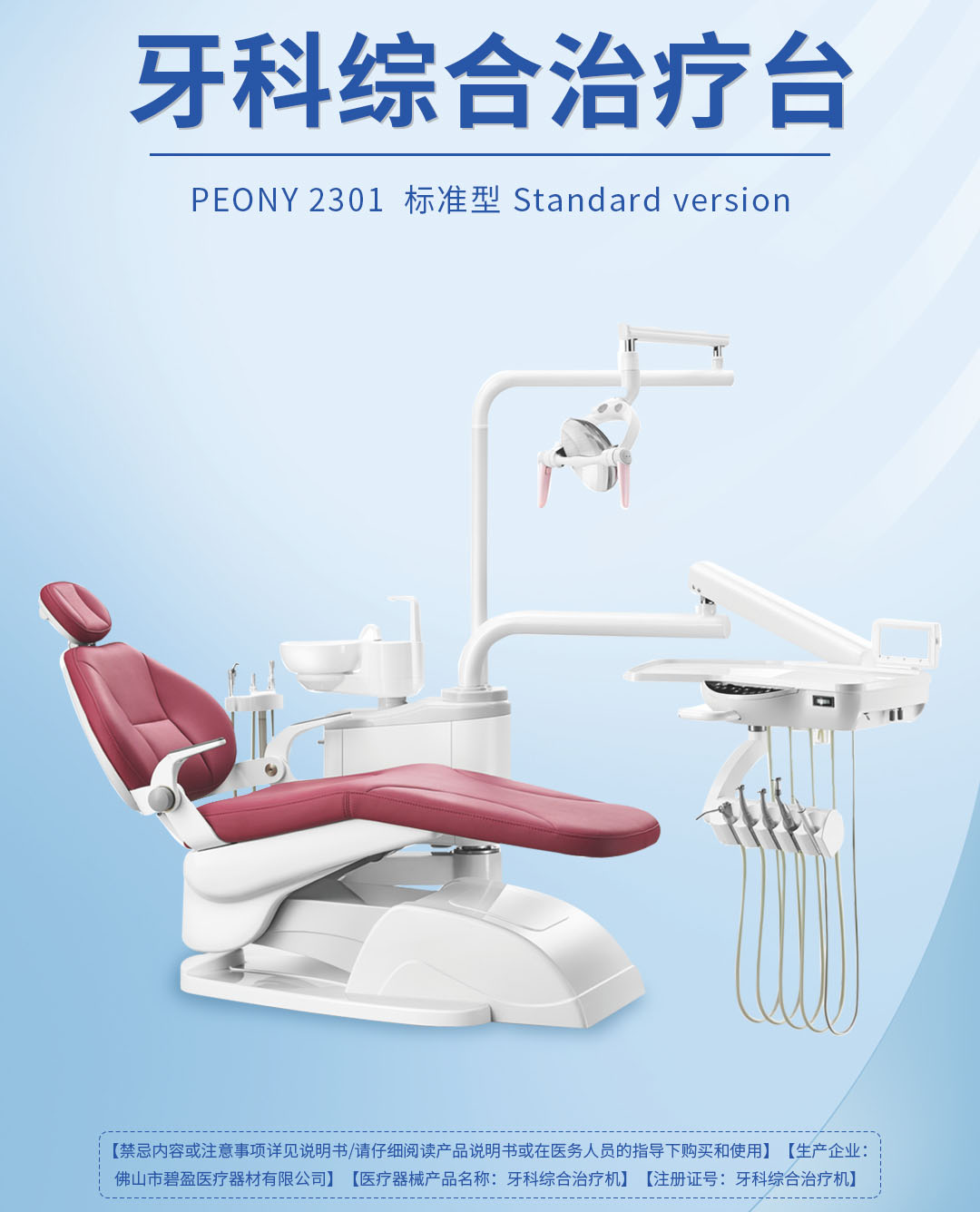Cystic fibrosis drugs now on the market treat symptoms, such as lung infections and the buildup of mucus, but not the underlying cause of the disease.
The vote came after a daylong meeting and public hearing in Gaithersburg, Md., at which the advisory committee heard emotionally charged appeals from patients.
It also digested scientific data on a pair of Vertex studies involving about 1,100 patients ages 12 and older with two genetic mutations that cause the life-shortening disease.
Zachry Barber, a spokesman for Vertex, said the advisory panel’s recommendation was a boost for Orkambi. Vertex plans to later seek the drug’s approval for other patients with the same mutations, including children under 12, as well as cystic fibrosis patients in other countries.
“This is a really important step forward not only for the company but more importantly for people with cystic fibrosis,” Barber said. “This brings us one step closer to bringing a medicine that treats the cause of cystic fibrosis in many more people.”
Advisory committee members cited clinical data showing significant improvement in patients’ lung functions as well as fewer lung infections, despite what some described as a flawed study design that did not allow reviewers to properly evaluate each drug in the two-drug therapy separately. The two are combined into a single pill that patients take twice a day.
“I think this is a much-needed advance for patients with cystic fibrosis,” said committee member Dr. Michelle S. Harkins, associate professor of medicine at the University of New Mexico Albuquerque, one of the majority voting to recommend approval.
The lone dissenter in the 12-1 vote recommending approval of the drug, Dr. Yanling Yu, the president and cofounder of Washington Advocates for Patient Safety in Seattle, said she was not convinced the data generated by the Vertex testing supported the approval of Orkambi.
“I really understand the patients critically need a new drug, but sometimes a new drug does not provide [the needed effectiveness],” she said.
Orkambi is considered vital to Vertex, a company that has posted only one annual profit in its 26 years. But Vertex’s market value nearly doubled to more than $30 billion in the past year with the expectation it will become highly profitable on the strength of its new medicine.
It is unclear how much Vertex would charge for the new Orkambi treatment. The company sells a drug to treat a much smaller group of cystic fibrosis patients for more than $300,000 per year.
Trading in Vertex stock was halted all day while the meeting was in process, but the company’s shares climbed nearly 10 percent in after-market trading following the panel vote.
A parade of speakers, including people suffering from cystic fibrosis and their families, appeared before the advisory committee Tuesday to recommend approval of Orkambi.
Masters, who testified before the advisory panel, said the drug has dramatically changed his life, allowing him to gain weight and improving his lung function enough so he can run 5 kilometer road races.
“For the first time in my life, I feel healthy,” Masters said. “This drug has given me hope for the future. I’m here to tell you in no uncertain terms that this drug has saved my life.”
Standing before the committee with his 6-year-old daughter Ariana, he said:
“I ask you to vote yes today so I can watch her graduate from high school and graduate from college. I ask you to vote yes so I can walk her down the aisle when her time comes.”
Another patient, Kate Marshall, who plays on her high school soccer and lacrosse teams in York, Maine, said she hoped to become a college student and athlete.
“My family and I are humbled by the science that has brought us here,” Marshall said, referring to the Vertex drug. “Cystic fibrosis is one of the worst genetic diseases mankind has ever seen. To not approve this [drug] would not only be confusing but cruel.”
Orkambi is a compound that combines the drugs Kalydeco and Lumacaftor. Last week, an FDA staff report prepared for the advisory committee questioned the effectiveness of Lumacaftor in the compound.
While the advisory panel voted 13-0 Tuesday that Orkambi was proved safe for patients in clinical trials, it was divided over the effectiveness of Lumacaftor. The panel voted 4-3 that clinical tests failed to show it added any benefit to Kalydeco, which is already approved to treat a smaller group of cystic fibrosis patients. But six other panel members said they did not have enough information to make a decision.
It was not immediately clear if that vote would prompt the FDA to order Vertex to conduct another clinical study comparing Orkambi to Kalydeco alone.
FDA reviewers and Vertex medical executives presented contrasting analyses of the clinical data to the advisory panel.
David Petullo, the FDA’s statistical team leader, said: “We can not with any reasonable degree of confidence conclude that the combination of Lumacaftor and [Kalydeco] is superior to [Kalydeco] alone” in improving lung function and reducing infections in patients.
But the combination drug was hailed by a prominent pediatric research doctor who also urged the FDA committee to recommend approval of Orkambi.
“Combination therapy offers the best chance for altering the course of this disease,” said Dr. Bonnie W. Ramsey, director of the Center for Clinical and Translational Research at Seattle Children’s Hospital and a principal investigator in Vertex’s research program for Orkambi.
“Today we have no therapy to treat the underlying cause of cystic fibrosis [in most patients].”
Vertex executives also defended their data, challenging the FDA staff’s suggestion that Lumacaftor offered no added benefit.
Robert Weisman can be reached at robert.weisman@globe.com. Follow him on Twitter @GlobeRobW.









